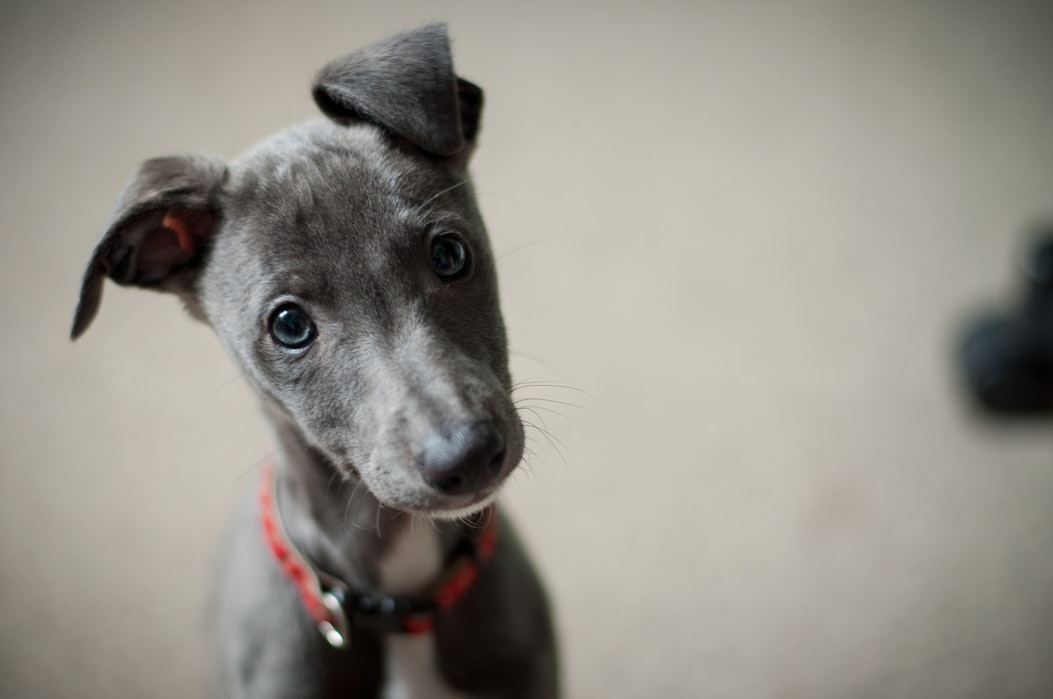Why Dogs Eat Poop
Monday, August 30, 2021 10:57:21 AM America/Los_Angeles
There’s no short supply of cute or silly behaviors when it comes to dogs, but eating poop isn’t one of them. Seeing dogs eating feces, or coprophagy, can be alarming for pet parents. However, this concerning behavior isn’t as rare or odd as we might think.
Photo by Chris Arthur-Collins
Why do dogs eat poop?
There are several reasons that dogs may eat their own or other dogs’ poop, but all are natural responses to things going on within their environment or in their bodies. The behavior can be quite common especially among puppies, who may simply be exploring and learning about what is appropriate to eat or play with. It can even happen accidentally as pups are being potty trained and they figure out how to handle their poop after a bowel movement. Other times, coprophagia can become a pattern that either develops as a habit or in response to underlying medical issues.
Some common causes of coprophagia are:
- Curiosity: Puppies may play or eat stool as they learn about their environment. If they haven’t quite learned how to bury their poop or are still learning how a pee pad works, puppies might eat poop in an attempt to figure out how to get rid of it.
- Attention: Dogs may also be reacting to the response they get from coprophagia. They often receive more attention with this behavior, and it can develop into a habit as a way to garner attention.
- Malnutrition: Feces, while yucky, also contains lots of concentrated nutrients. If a dog is malnourished, they can be tempted to look for alternative sources of nutrients in non-food objects or matter like feces.
- Lack of enzymes: If a dog doesn’t have sufficient digestive enzymes (as can be the case with some gastrointestinal disorders), they can become malnourished as well as have an increased appetite that causes dogs to seek more nutrients in stool.
- Instincts: Dogs have been known to eat or lick feces for entirely instinctual reasons. Moms of puppies will often eat feces as part of the grooming process. Dogs will also sniff and taste the poop of other dogs if they are ill or have parasites. Because dogs use their sense of smell and taste to learn information, they’re drawn to abnormal bowel movements that provide “off” smells.
How do you treat coprophagia?
How coprophagia is treated is dependent on the cause. If the dog in question is a puppy and doesn’t seem to have any underlying health or behavioral issues, they may simply grow out of it. As mentioned above, eating or playing with poop can just be a natural part of growing up and finding out what are appropriate food or play things.
If coprophagia has developed as a behavioral response to their environment or underlying health issues, it’s very important that owners consistently and firmly discourage the behavior as soon as it begins to happen. If a dog begins to sniff or paw at stool, interrupt them immediately. Having an indoor pet potty like Bark Potty can help catch the behavior ASAP.
In addition, there are supplements that can help deter dogs from eating poop, such as NaturVet’s Coprophagia Stool Eating Deterrent. These types of supplements have enzyme-rich ingredients that promote proper digestive functioning. Plus, they have the added benefit of keeping dogs’ breath fresh.
As always, your veterinarian is a great resource for helping you better understand what you can do to discourage your dog from eating poop as well as ensure that your dog doesn’t have any underlying health issues!
